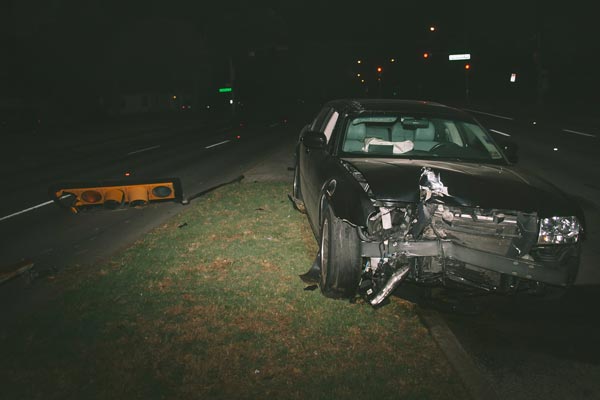By: Rachel Mencel
[ad_1]
It is scientifically proven that any amount of alcohol consumption affects your coordination, mental thought process, and reaction time, which all affect your ability to safely operate a motor vehicle. Many states, including the state of Missouri, have a zero tolerance law that strictly mandates how the police handle certain situations.
What does Zero Tolerance Mean?
A zero tolerance law means that anyone pulled over driving a vehicle whose blood-alcohol level is over the legal limit – in Missouri’s case of .08% – will automatically be charged with a criminal ticket.
This law also severely penalizes anyone under the legal age of 21 caught driving under any percent influence of alcohol or drugs. Anyone under 21 who receives this charge could automatically lose their license and be required to go to traffic school.
The Different Offenses
When charged with this offense, there are several different terms that could be used on your criminal ticket. These are: DWI, which stands for Driving While Intoxicated; DUI, which means Driving Under the Influence; and DUID, which stands for driving under the influence of drugs.
Although each of these charges is fairly similar to the other two, as they all encompass some form of driving illegally while impaired by alcohol and/or drugs, the level of severity of the charge differs in certain states. If you live in an area of jurisdiction that classifies these charges separately, here is what the different charges could mean for you:
The DWI
The DWI, or Driving While Intoxicated, is the most serious charge of the three. This charge indicates that the offender experienced obvious impairment, and his or her blood-alcohol level was well above the legal limit.
This charge is very difficult to reduce to a DUI with a plea bargain, as the offender completely disregarded the law and endangered other people.
The DUI
The DUI, or Driving Under the Influence, is a slightly less severe charge than a DWI. The legal technicality of the term DUI indicates that the person charged with this offense had a lower level of impairment than someone charged with a DWI.
This charge means that when the offender was pulled over, he or she was only slightly above the legal blood-alcohol limit. This charge is more likely to be reduced with a plea bargain; however, it is highly unlikely that the offender will walk away scot-free.
The DUID
The DUID, or Driving Under the Influence of Drugs, is slightly more difficult to categorize as many states have different laws and regulations. No matter what state you are in, it is illegal to operate a vehicle under the age of 21 with a traceable amount of drugs in your system.
Some states have a “per se” law that makes it illegal to operate any type of vehicle with a detectable amount of drugs in your body, while others have a zero tolerance law that could result in a suspended license. Although Missouri does not have this law, surrounding states such as Illinois do.
Any type of impaired driving is extremely dangerous and can harm yourself and other people. No matter what type of charge you receive, it is very important to acquire legal help. A lawyer is much more capable and qualified to deal with these charges than you are, and he or she has a much better likelihood of reducing a charge.
[ad_2]
Source














